Nicosia is still undeservedly neglected by foreign buyers. Meanwhile, the capital of Cyprus has a number of advantages that "overtake" seaside resort towns. What is interesting about real estate in Nicosia and what features should be considered when buying - we tell you in the article.
Nicosia - the only divided capital in the world
Cyprus is a small Mediterranean island. However, its history is so deep and rich that one can only envy it. If we do not go into details, then for all the time of its existence (which is almost 2500 years), the city has served as the capital several times. This was due to its remoteness from the sea, and therefore better protection from raids.
Nevertheless, the power changed in Cyprus very quickly. Of course, if you look at it through the kaleidoscope of history. There are hardly any traces left of the Hellenistic period, as the city was destroyed and in decline for a long time. The Byzantine period also passed almost without a trace. To learn about how life in Nicosia before the XII century, you can only from artifacts in museums.

But there are still some "traces" from the Lusignan period. The main one is the name "Nicosia" itself. All over the world the capital of Cyprus is known by this name. Curiously, the natives use an older name: Lefkosia (Greek part) or Lefkoşa (occupied Turkish part).
The period of Venetian rule in Cyprus was short, but it gave the capital of Cyprus the famous Venetian walls, which today are the "frame" for the historic part of the city. From the same time, the Christian churches have survived, restored but without losing the spirit of the time.
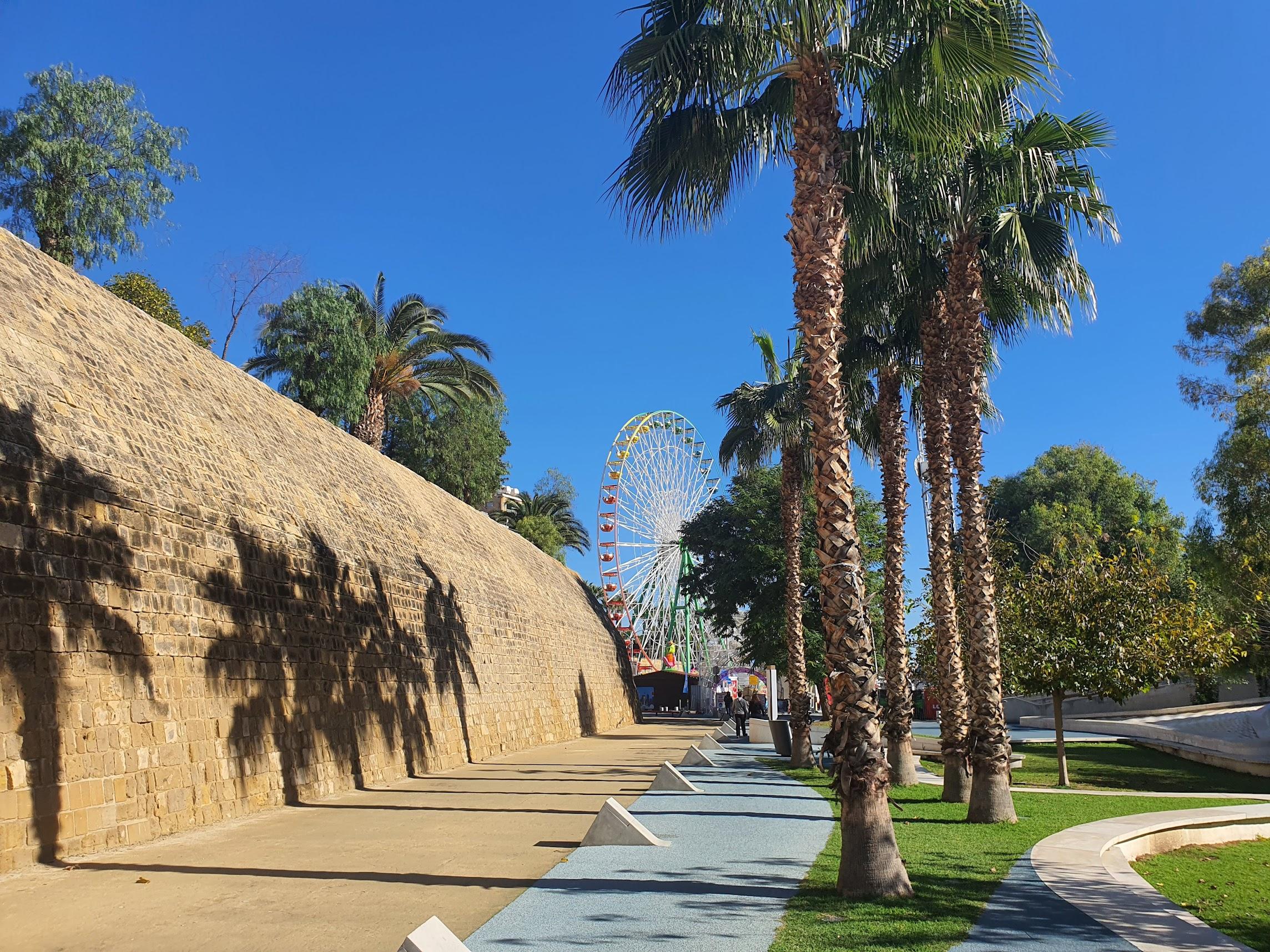
In the 16th century Cyprus was conquered by the Ottomans. Their rule lasted until the end of the XIX century. From this time, many mosques, as well as the famous aqueduct were preserved. Then the power passed to the British Empire, but it lasted less than a century: in fact, Cyprus became free in the 50s of the last century, and formally - in 1960.
In 1973-74 there was an armed conflict on the island, which divided the territory into two parts: northern and southern. The southern part retained full autonomy and became known as the Republic of Cyprus, and it is part of the European Union. The northern part received the name TRNC (Turkish Republic of Northern Cyprus) and the patronage of Turkey, although most world countries do not recognize it as an independent administrative unit. To many, it is the "occupied territories of Cyprus." Since then, almost all Turkish-Cypriots have moved to the north and Greek-Cypriots to the south.
There is a buffer (neutral) zone between the two states, which is guarded by peacekeepers. In Cyprus it is called the "Green Line". This buffer zone runs right through the center of the capital Nicosia. In fact, the city is the center for two countries at the same time: the Republic of Cyprus and the TRNC.
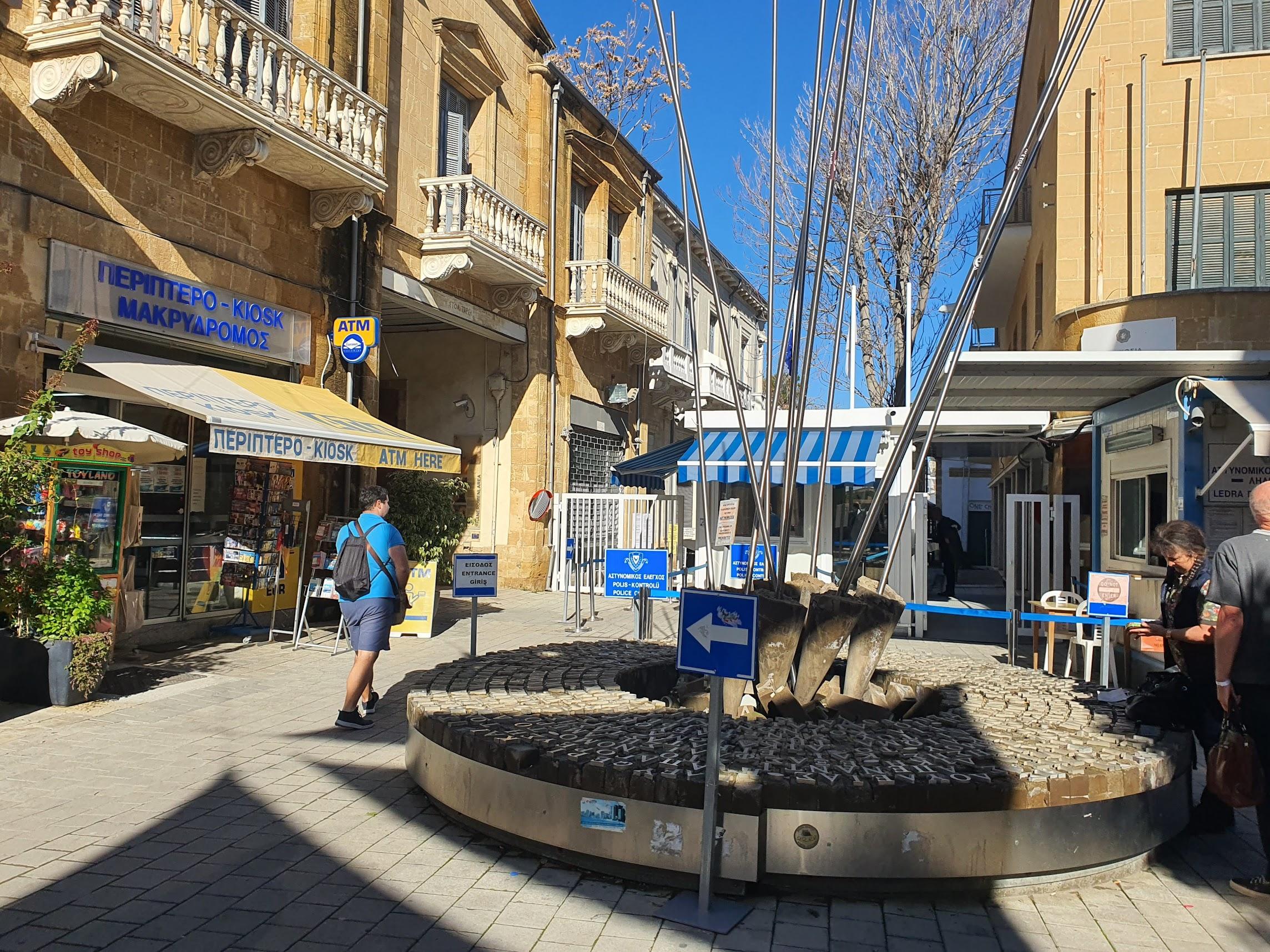
What does this look like in action? The conflict has long passed its acute phase. The two nationalities (Greek Cypriots and Turkish Cypriots) treat each other kindly and with respect. The border is nominal, meaning that no visas or passports are required to cross it. Both locals and tourists can "go" there and back, walking along the central street of Ledra. It is also possible to get through by car - although, for this, you will have to go to another border crossing point.
Of course, the difference between the two parts of the capital is noticeable to the naked eye. The part that belongs to the Republic of Cyprus is as well-maintained and landscaped as possible. Here life is boiling and you can feel a touch of European atmosphere. The real estate market is actively developing: the city has already acquired its own skyscrapers, and developers are not going to stop.
In the northern part of Nicosia everything is not so rosy. Yes, real estate prices here are lower, but the standard of living is a little different. In some places, there are still buildings destroyed during the conflict, and at times it seems that time has stopped. The housing market is practically undeveloped, and mostly all objects are secondary. Demand among foreign buyers is virtually absent: they are more interested in the coastal areas of Kyrenia (Girne) and Famagusta (Gazimağusa).
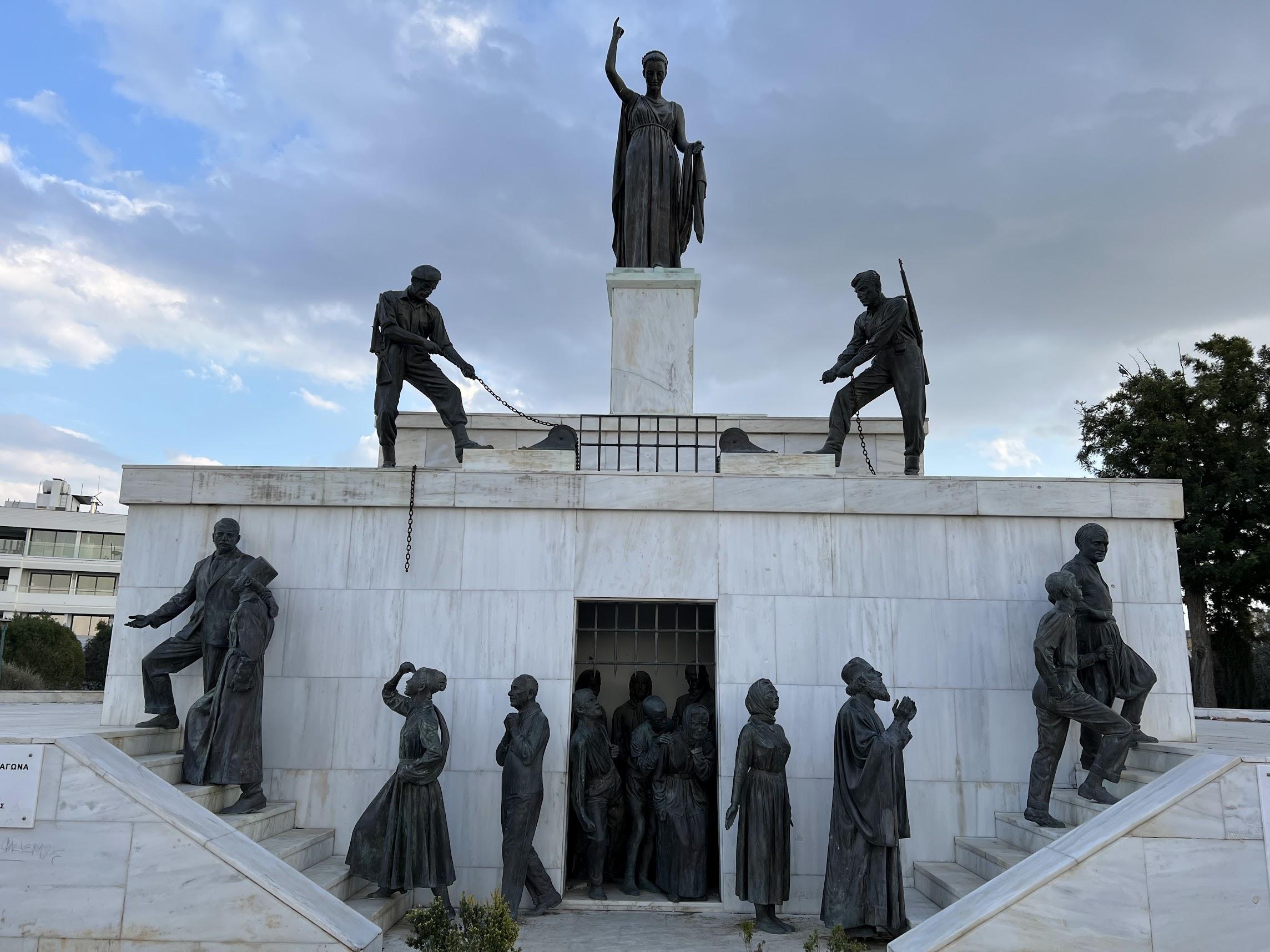
The differences of the real estate market in Nicosia from other cities
The first and most important difference between Nicosia and other major cities of Cyprus is the distance from the sea. To the nearest coast - about 40 kilometers, which for the natives is considered a very long distance. For newcomers, of course, it is only an hour's drive by car, but in this situation to visit the beaches every day will not be possible.
Accordingly, the whole infrastructure and rhythm of life here is not tourist, but business. And this puts an imprint on the real estate market. First of all, there are few hotels and apartments for short-term rent. Basically, all housing is bought for their own permanent residence. In this regard, the city is not divided into districts "resort - not resort". However, on the "elite - not elite" is traced.

Since Nicosia is not a seaside city, the bulk of real estate here is represented by apartments (apartments). Private houses are found, but there are not so many, and they are not located in the central districts. New buildings can be low-rise and high-rise, but all of them - apartment buildings. In the resort towns of Cyprus, even in the center on the first coastline can be found a wide range of proposals with private villas.
The boom in the construction of high-rise houses in Cyprus began with Limassol and gradually spread to Larnaca. It reached Nicosia just before the pandemic, but in all likelihood, it will gain quite an impressive scale. Many high-rise buildings have already grown here and there are decent offers among the elite real estate. You can find an interesting offer both in the center and in the suburbs.
For 2023 the demand for housing in Nicosia is quite high, but only among locals. Foreign buyers have not yet shown the proper interest in the capital, primarily due to the lack of tourist infrastructure. Everything may change if investors find in Nicosia the very "zest", which will be mentioned in the last paragraph.
Another feature of the capital is the abundance of educational institutions, including universities. Consequently, there are quite a lot of students living here: both locals and foreigners. Dormitories cannot accommodate all students, and not everyone wants to move in. Therefore, the demand (especially in areas near universities) is for small-sized apartments of medium price segment. This is the kind of housing that students and their parents choose.
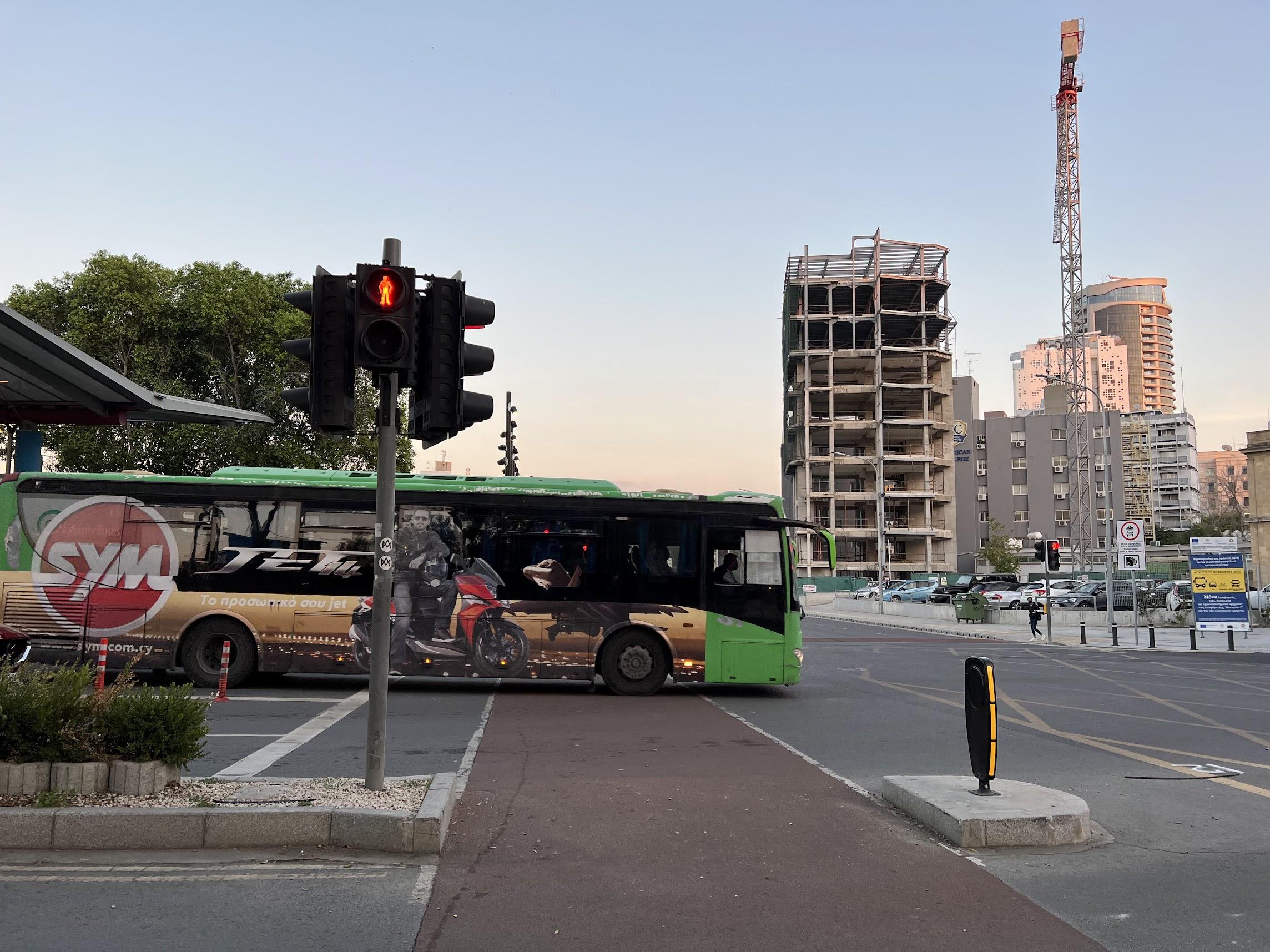
To summarize briefly, the real estate market in Nicosia is characterized by the following parameters:
lack of developed tourist infrastructure on the background of a wonderful business infrastructure;
the range of housing is represented mainly by apartment buildings;
districts are not divided into "seaside resort" and "residential";
there is room to grow in terms of new buildings (Limassol is already overcrowded, and in Paphos are generally opposed to high-rise construction);
the demand for housing is only among locals, mostly Cypriot citizens, including apartments for students.
It is worth noting another feature: real estate prices in the capital can pleasantly surprise. If you compare with Limassol and some areas of Paphos, you can notice that a square meter costs less. Although still the capital can be more expensive than Larnaca and some municipalities.
Infrastructure and features of the capital of Cyprus
We offer you a brief introduction to Nicosia to understand how everyday life goes on here.
Nicosia's neighborhoods
Ideally, it is worth walking around each of the city's neighborhoods to draw conclusions and make a choice for future accommodation. This is relevant if the buyer plans to live in the capital permanently or a large number of times a year. In other cases, it is enough to read more information about each area or visit an online tour: real estate agencies often provide such a service.
The Old Town is the very "heart" of Nicosia, the very circle that is divided in half by a buffer zone. All the most interesting and old sights are concentrated here, the main of which is the Venetian walls with several gates. The real estate here is represented in 95% of cases secondary, and the rhythm of life is mainly tourist. People come here to learn about history, visit museums, walk, eat and relax. The infrastructure for everyday life in the Old Town is not so well developed, the best quality real estate here is mainly hotels, well-restored low-rise houses or elite new buildings.
Agios Omologitis and Lykabittos are adjacent to the Old Town and are in fact the most central areas. The neighborhoods are bustling with life on many different levels: casual, business, student, family, etc. There is a lot of new housing and business centers in these areas, with the top locations adjacent to the Old Town being the most popular. If the windows of the property overlook the Venetian walls - its price tag skyrockets, but the profitability of such housing or office is very high.
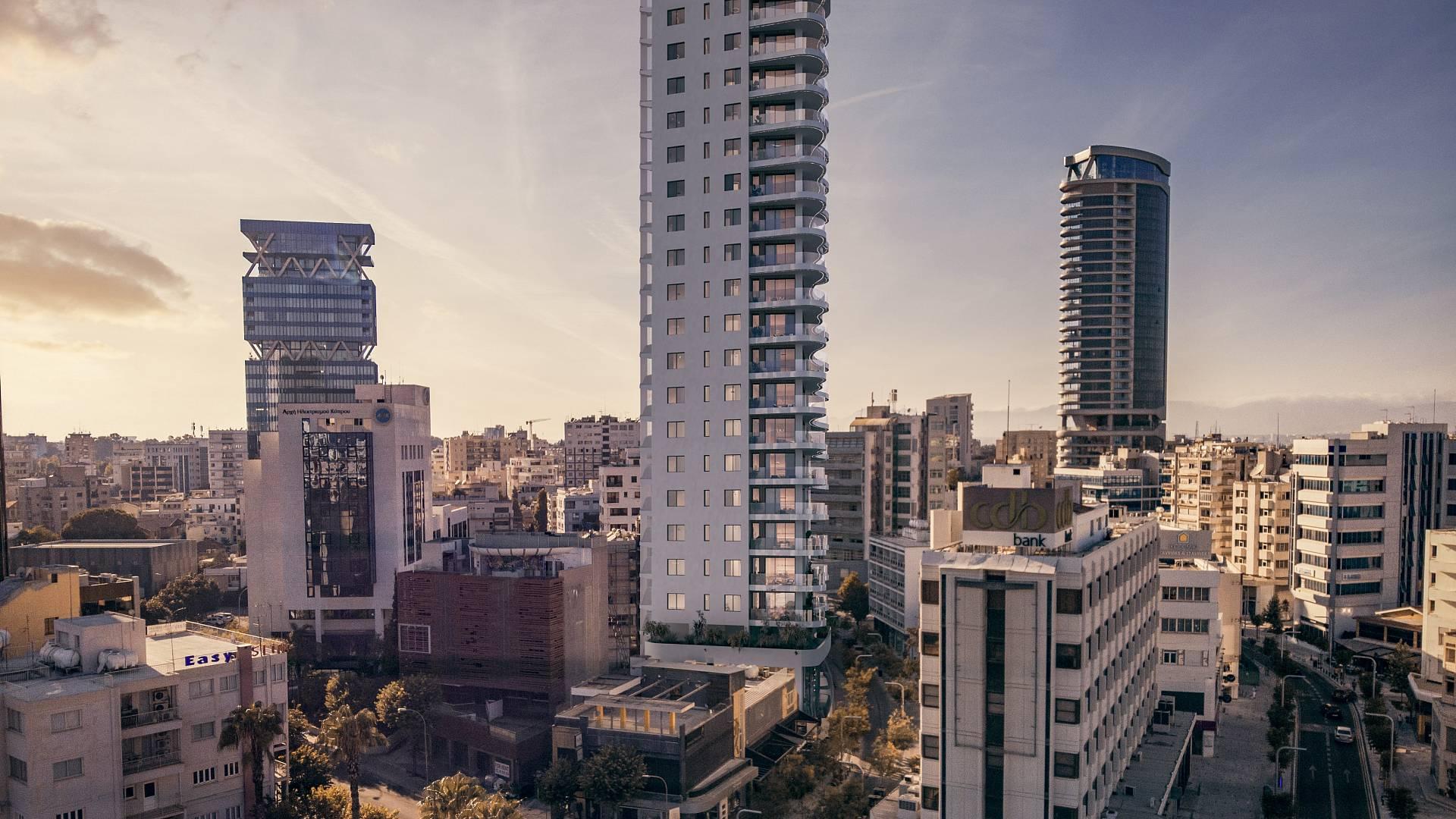
Kaymakli borders the northern part of the capital and is located near the center. Here is perfectly developed all the necessary infrastructure for life, while the atmosphere - calmer than in Agiu Omologites. This place is often chosen by families with children or students, as the University of Frederick is nearby.
Engomi and Makedonitissa are the westernmost neighborhoods, which are considered to be elite. In fact, there are budget properties here, but in general, the neighborhoods give the impression of stepped and well-appointed. There are two universities in the immediate vicinity, so life here goes in accordance with the preferences of young people, although family people in Engomi is also very comfortable.
Aglantzia and Platy are quiet and the greenest neighborhoods of the capital. They are further away from the city center but have an excellent road network, so getting to other areas from Aglantzia is not a problem. There are enough apartment buildings and private cottages. The real estate is presented in a wide type assortment, plus it is worth noting the quietness and special coziness with all the livability.
Strovolos, Chryseleoussa and Dasoupolis are the closest neighbors of Aglantzia, characterized by a more dynamic pace of life and density of buildings. In terms of liveliness Strovolos is quite competitive with the central districts, the infrastructure here is developed to the maximum. At the same time, property prices are lower than in the center. Many young families buy their first property here.
Lakatamia, Latsia and Geri are the nearest suburbs of Nicosia. Their main features - the presence of good roads leading to the center, silence, and the prevalence of low-rise buildings. These are mostly private houses with fairly spacious plots. The atmosphere is more like a well-appointed village than a city. The cost of real estate here is quite high, although you can get to all areas of the city without traffic jams in 15 minutes.
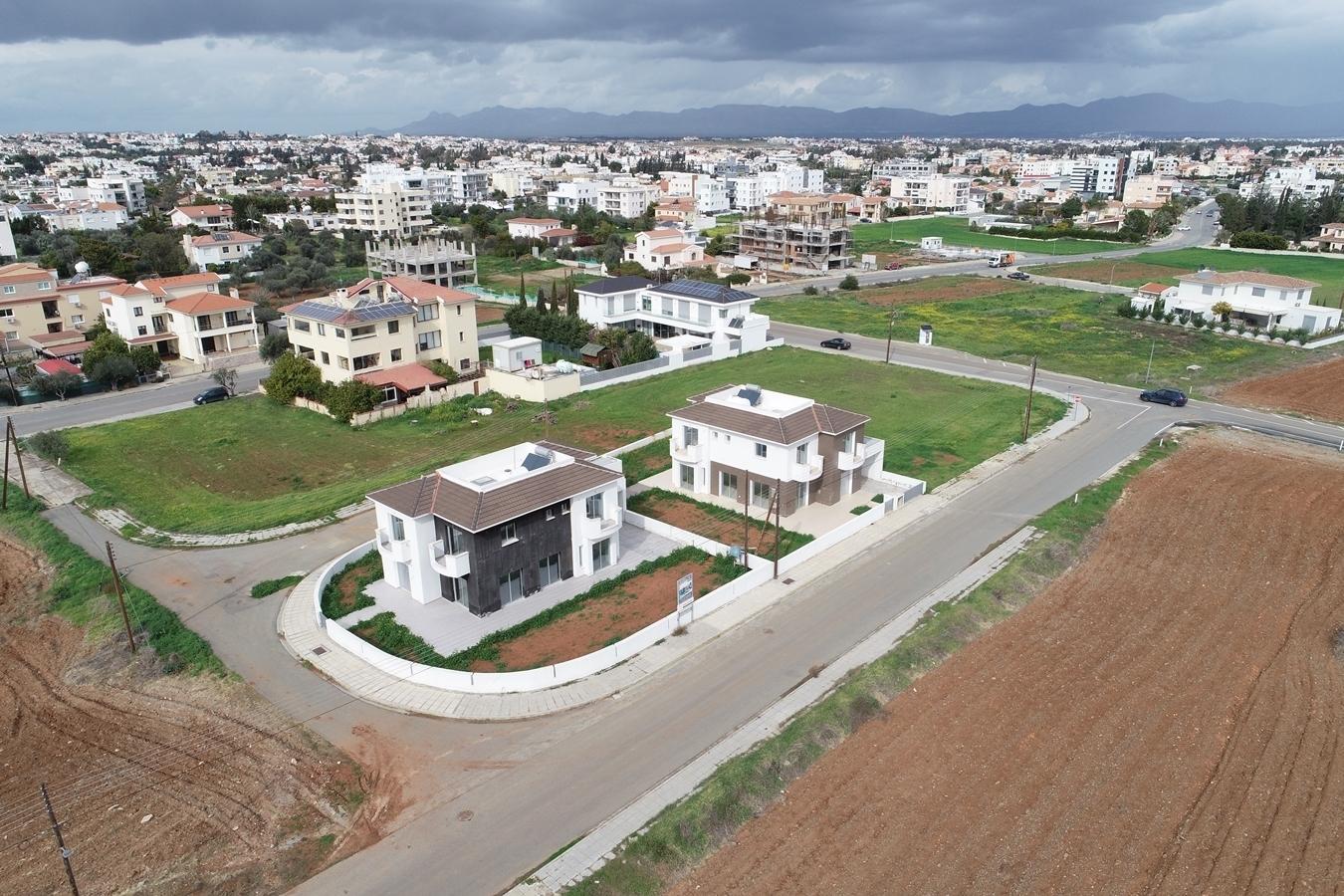
Business life
On the level of business development Nicosia successfully competes with Limassol. The only difference is that foreign companies are concentrated in Limassol, while in Nicosia - local ones. At the same time, a significant advantage of the capital is the presence of offices of companies and organizations of all stripes. This is especially important for foreigners, as some government agencies work with non-residents only in Nicosia. Therefore, you have to come here from other cities. But, if you live here, you don't need to go anywhere!
Despite the lack of demand for tourist infrastructure, there is room for development. Some niches (in the sphere of services, entertainment, and health) are still not occupied, and many foreign entrepreneurs have already started to look at Nicosia.
It is in the capital is most profitable to buy commercial real estate and then make a profit from it. There are a lot of proposals for new buildings and shopping centers, and the profitability of these objects can surprise. Natives are well aware of this, but foreigners still underestimate Nicosia - perhaps precisely because there are not so many tourists here.
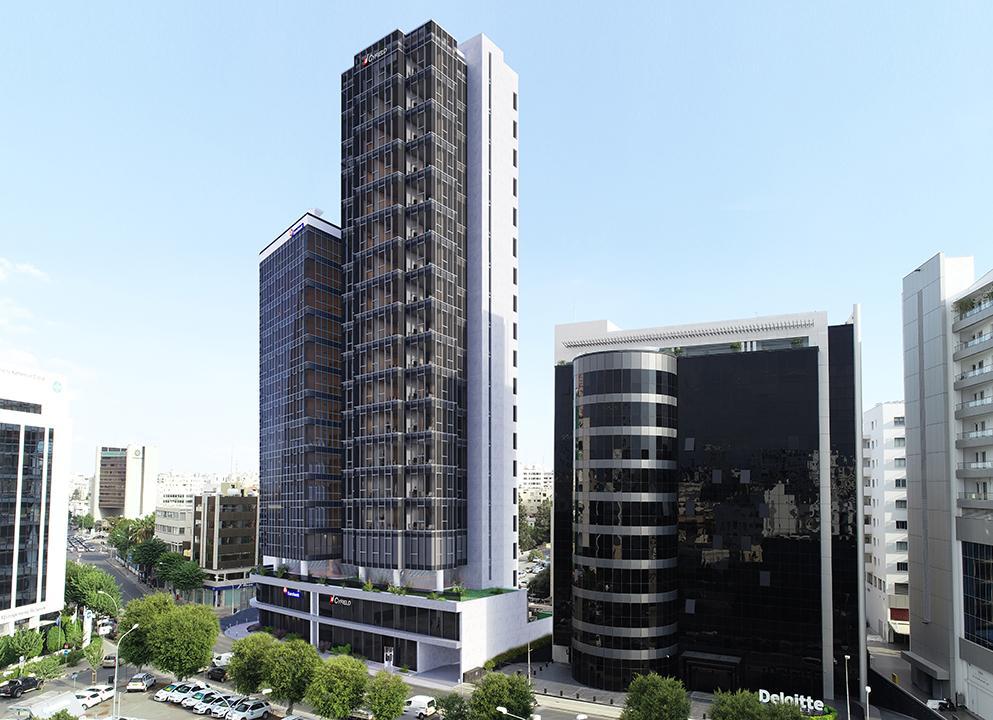
Student life
It was mentioned above that Nicosia has the most universities and colleges. This imposes a certain flavor on certain districts and the whole city as a whole. Thanks to the large number of young people, Nicosia is a modern, up-to-date place to live and study.
It is worth noting that university graduates often stay in Nicosia. Newly established young families make quite high demands on the local infrastructure, so the city does not stand still and is constantly developing. In addition, young people need a large number of entertainment facilities - and there are plenty of them in the capital.
Nicosia is probably the leader in the number of studios among all other cities on the island. The fact is that until recently, such a format of housing as a studio, for Cyprus in general was alien: people are used to spacious apartments or houses. However, the large influx of foreign students and generally the growing number of young families has made its own adjustments. Today, many complexes are being built in the capital, in which you can find beautiful and high-quality studios.
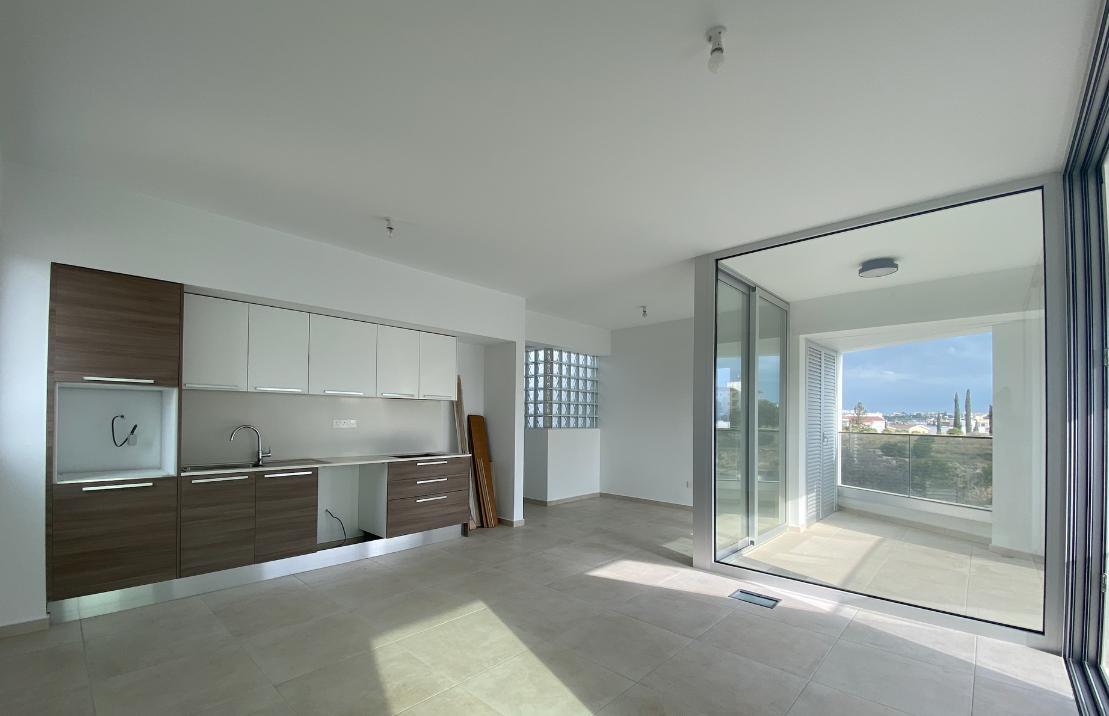
Facilities for families
So, yesterday's students stay to work and live in the capital. They get married and have children, respectively, certain conditions are required for this. Nicosia, meets the conditions - as follows - affordable real estate, a large number of parks, playgrounds, clinics, and entertainment facilities for children.
Only in Nicosia you can find such a wide variety of kindergartens and schools: these are municipal institutions with education in Greek, private schools of different levels of education (including British programs), and even Russian schools. A child can study in one or several languages, receiving a quality education at the European level.
Pensioners in Nicosia will also be very comfortable. Here a large number of public and private hospitals, health centers, as well as leisure facilities are located. In the capital, you can do sports or find another hobby to your liking at any age. In addition, it is not as humid as on the coast, which is a very important criterion for people with certain diseases (e.g. cardiovascular system).
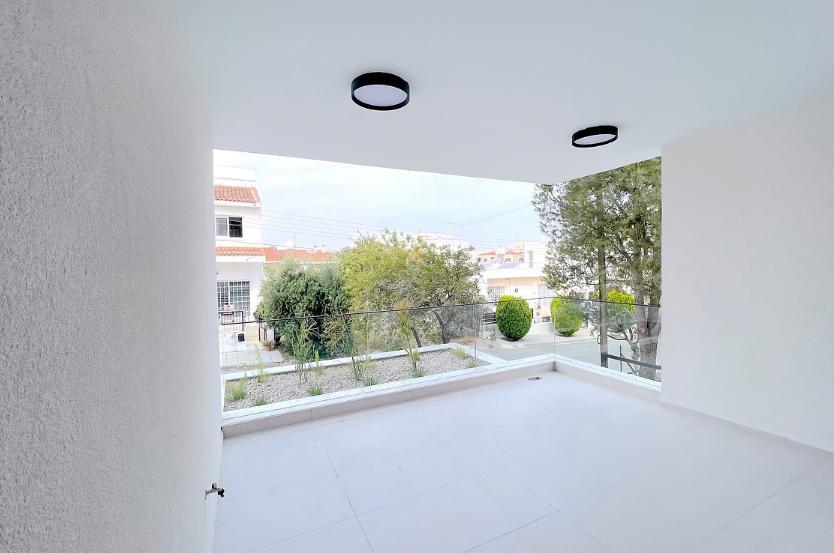
Road and transportation network
Nicosia's roads are of good quality and the road network is well developed. Of course, as in any capital city, there are traffic jams, especially during rush hour. But they can be found in other cities in Cyprus and the EU. Even if a person lives in the suburbs (for example, in Lakatamia), it will not be difficult for him to get to the central areas. Many people live outside the city limits and come to the center to work. It doesn't take long to get there.
It is also worth noting the excellent quality of intercity highways. From Nicosia you can get to any neighboring city (Larnaca or Limassol) by your own car in about one hour. To Paphos you can drive a little further - about 1.5-2 hours. Thus, it is quite possible to spend your weekend on the seashore, which is what many residents of the capital use.
Public transportation in Nicosia, as well as in the whole Cyprus, is represented only by buses. They go around the city quite actively, but still the most convenient way to move is personally by car or cab. Buses are used mainly by children, pensioners and commuters.
Why is Nicosia of interest to foreign property buyers
Here we come to the main question: why a foreigner should take a closer look at Nicosia? Of course, each of the points will be perceived subjectively, but the overall picture will still become clear.
Attractive prices
Prices in Nicosia can be compared with those in Larnaca or Paphos. Limassol is even ahead of the capital by many indicators. Some experts believe that Limassol is overrated, and the cost per square meter there is overestimated. You cannot say that about Nicosia.
Yes, it is the capital of the island, and prices here are not the lowest. But if you compare it with seaside real estate, it becomes obvious: Nicosia is a tidbit for those who are not ready to overpay for the view from the window. Thus, apartments in the secondary market cost from 89 thousand euros, and in a well-appointed new building in the suburbs - from 97 thousand euros. For a similar property in Neapolis Limassol will have to give 2 times more, in Livadia Larnaca - one and a half times more.
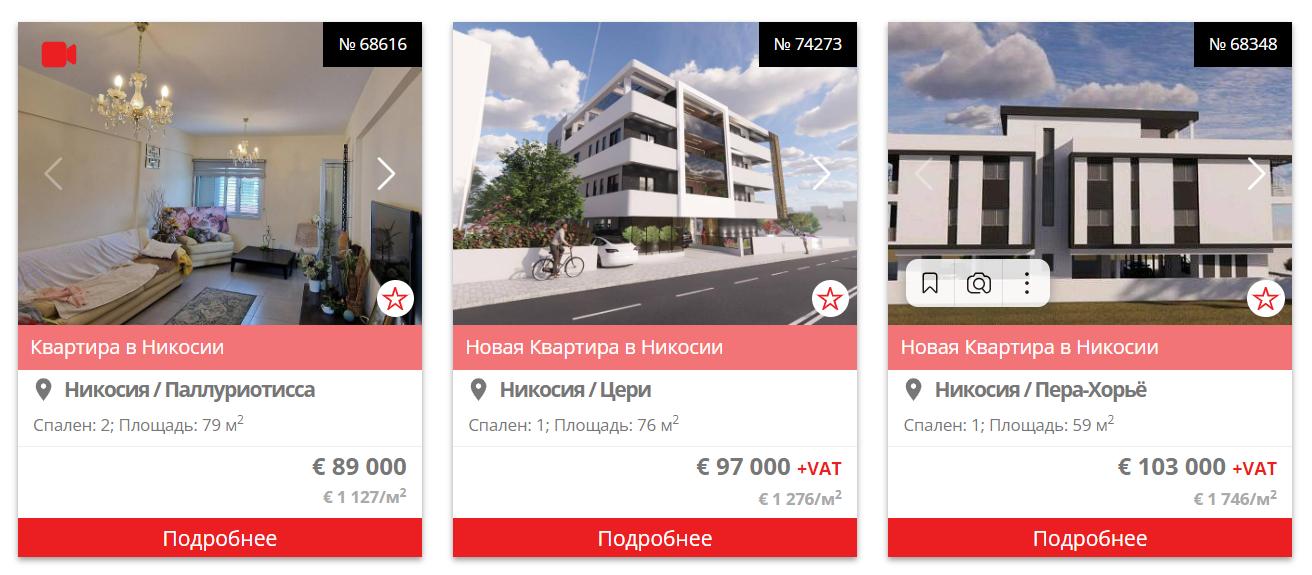
Ample business opportunities
It has already been said that business opportunities in Nicosia areStability for investment not less than in Limassol - just spheres will be slightly different. As well as the target audience: in the resort, it is mainly tourists, and in the capital - locals. Knowing this, you can find an interesting direction and develop it.
It is also worth noting the profitability of commercial real estate and its diversity. Prices for it in Nicosia are high, but not inflated, as in Limassol. For example, an office in the city center can be purchased for 183 thousand euros.
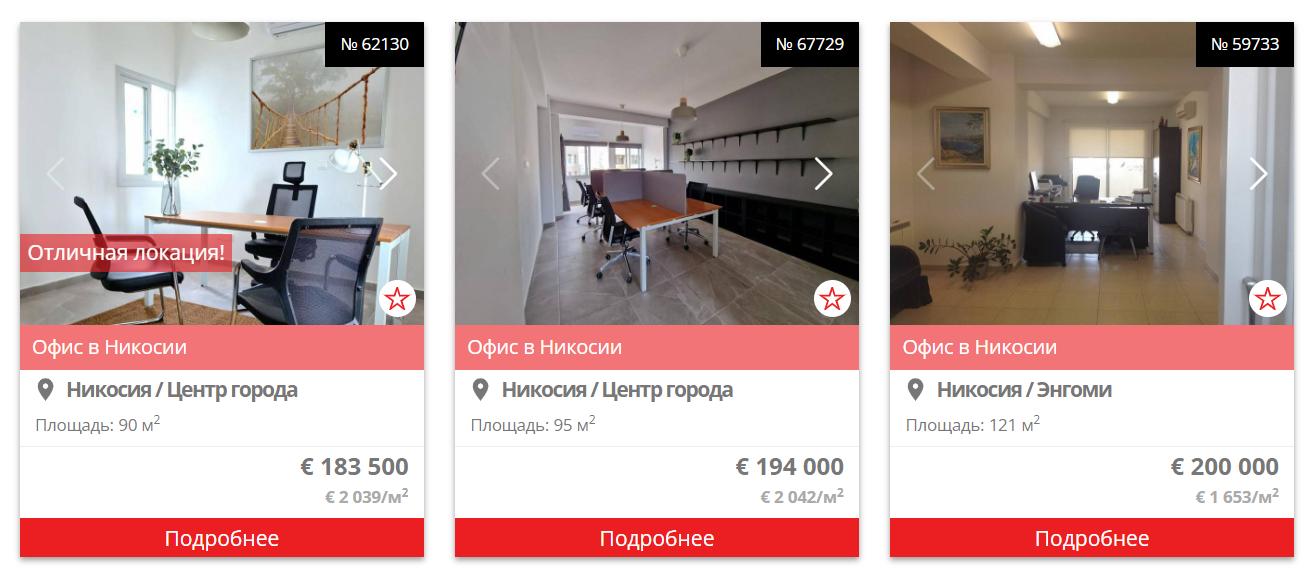
Stability for investment
Investing in real estate in Cyprus - in any case, a win-win option. Prices for housing here are not falling, but growing. Nicosia is not as dynamically growing as resort cities, and can not compete in the short-term rentals. But in the long-term rental, it has no equal - perhaps the demand for rental apartments in the capital is not lower than in Limassol. Therefore, those who are looking for stability and peace of mind in the preservation of their funds, Nicosia will suit as well as possible.
A great place for relocation
Many emigrants do not consider Nicosia as a permanent place of residence at first. Everyone wants to be closer to the warm sea and beaches. However, after 2-3 years of life, newcomers change their point of view: it turns out that the priority is still the infrastructure for life, not for recreation. People want to have a choice of kindergartens and schools, places to receive medical care, and beaches and the sea get bored - instead of them become necessary stores and establishments for other leisure (sports or cultural).
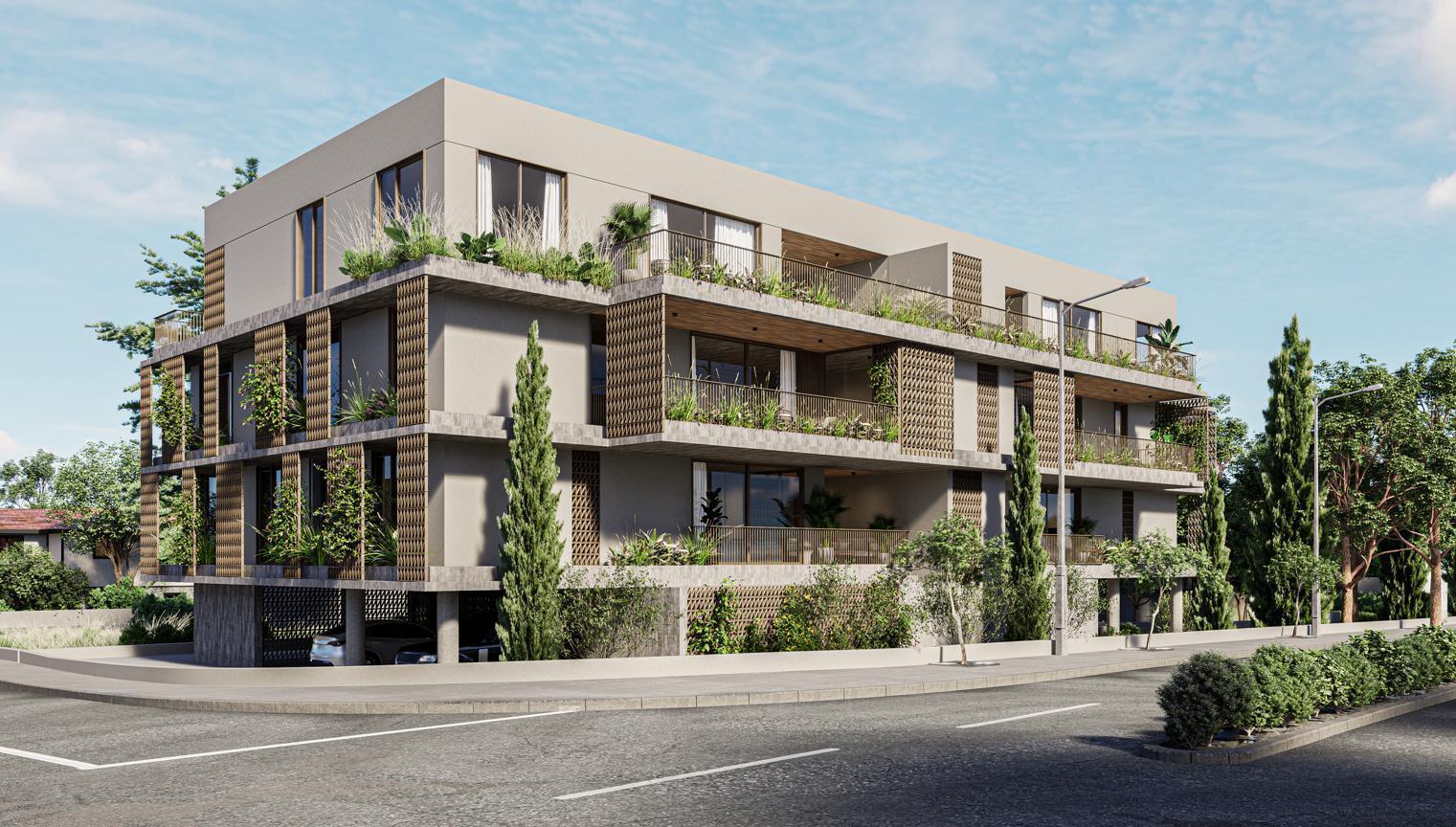
And in this respect Nicosia can satisfy almost any request. At the same time, the cost of living here may be slightly lower than in the seaside city - and this is also an argument for those who want to move to live in Cyprus.
Very wide choice of real estate
Nicosia is a worthy competitor to Limassol for diversity in real estate. Here there are both primary housing and new buildings of different classes and levels. In the capital and its suburbs enough budget housing (and apartments, and houses), but business and elite classes are also not lagging behind. Both for living and for investment you can choose any option and not to miss out.
Metropolitan pace of life
Except Limassol, all other seaside towns in Cyprus have one unpleasant property for many people: in the off-season become very quiet and boring. Entertainment venues either close for the winter or reduce their program to a minimum. At the same time, tours of foreign artists are a rarity.
Nicosia is a more lively city in this respect. Cultural and entertainment life here is permanent, not seasonal. Many destinations are unique and are not found in any other city.Interesting prospects for the future
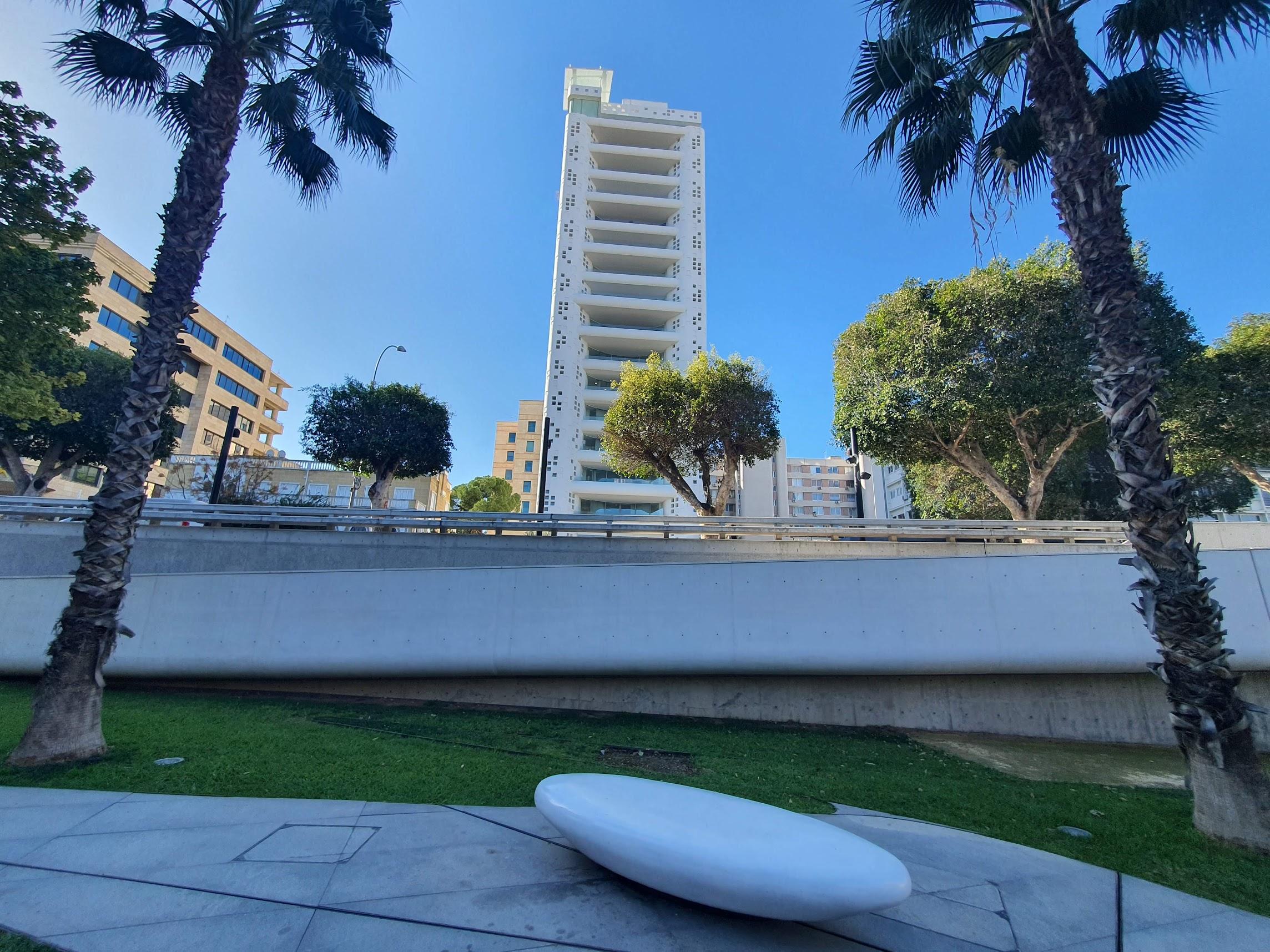
Interesting prospects for the future
Currently, foreign investors do not consider Nicosia as a promising destination. However, some analysts suggest that the situation may change at any moment. After all, both Larnaca and the free neighborhoods of Famagusta were previously uninteresting to foreign investors, but not so long ago everything changed. Nicosia may well expect the same scenario. Of course, it is not reasonable to make accurate forecasts yet. But if you think logically, in 5-10-15 years, the situation may fundamentally change, and then the owners of real estate in Nicosia will appreciate their foresight.
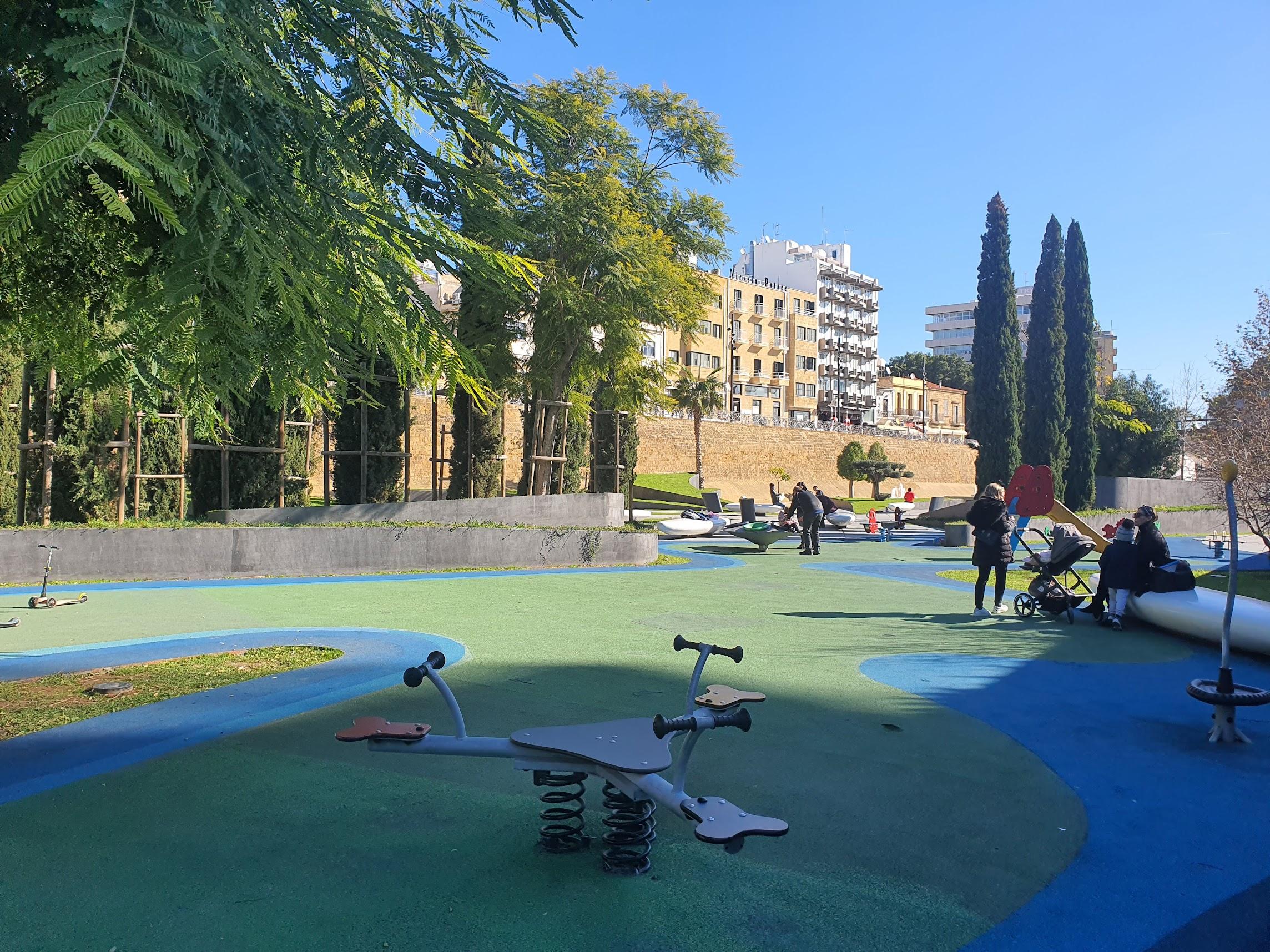
Read also:

